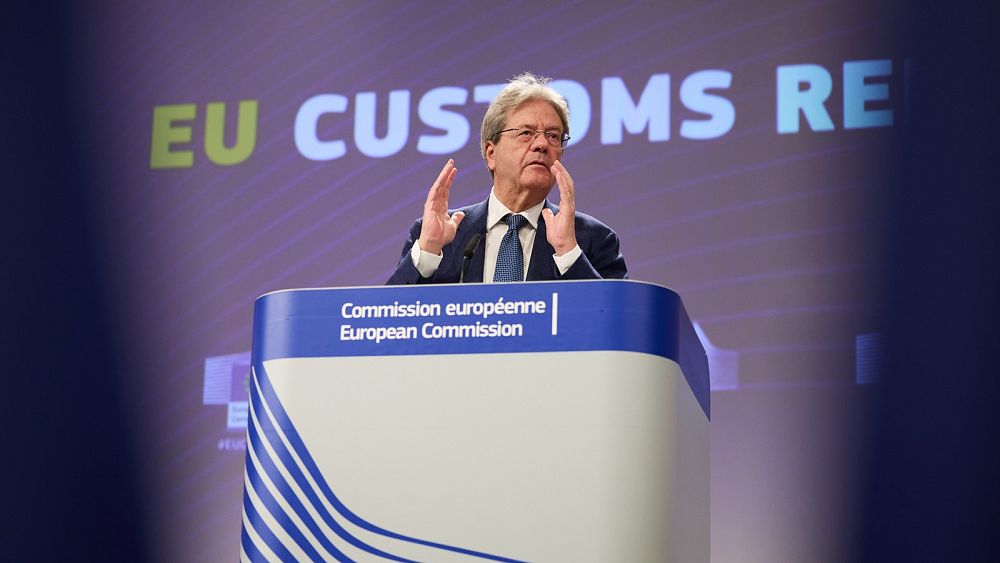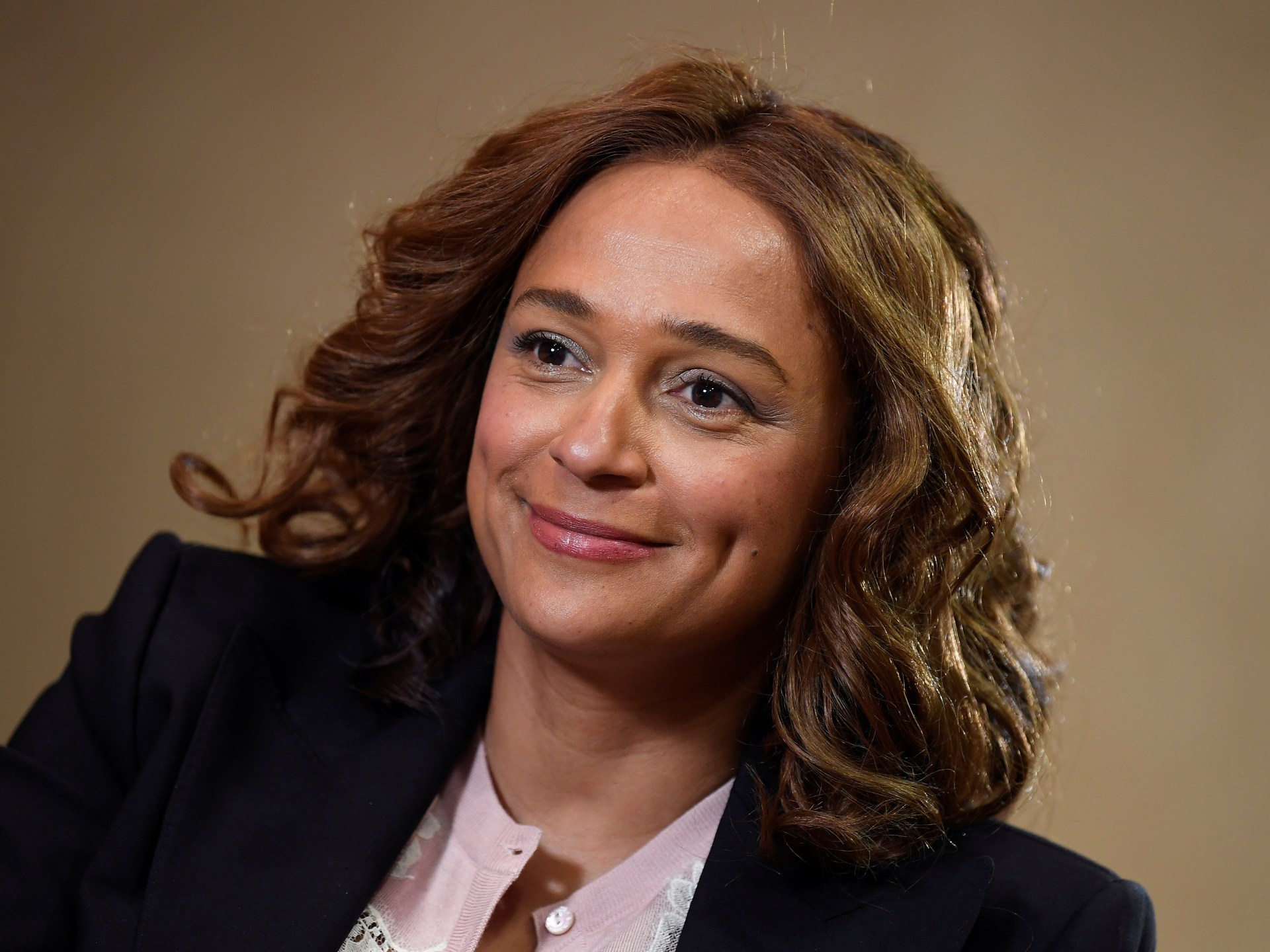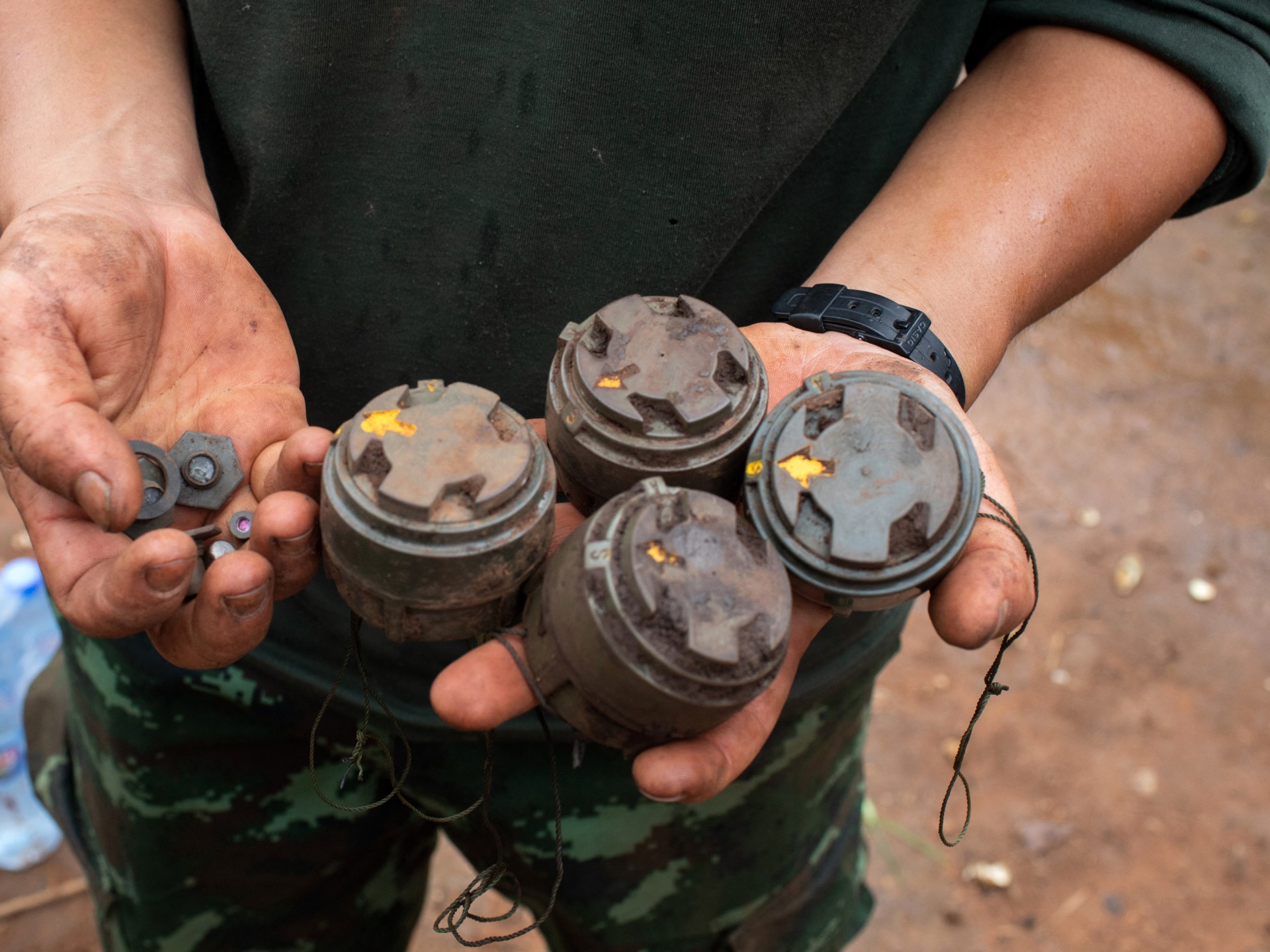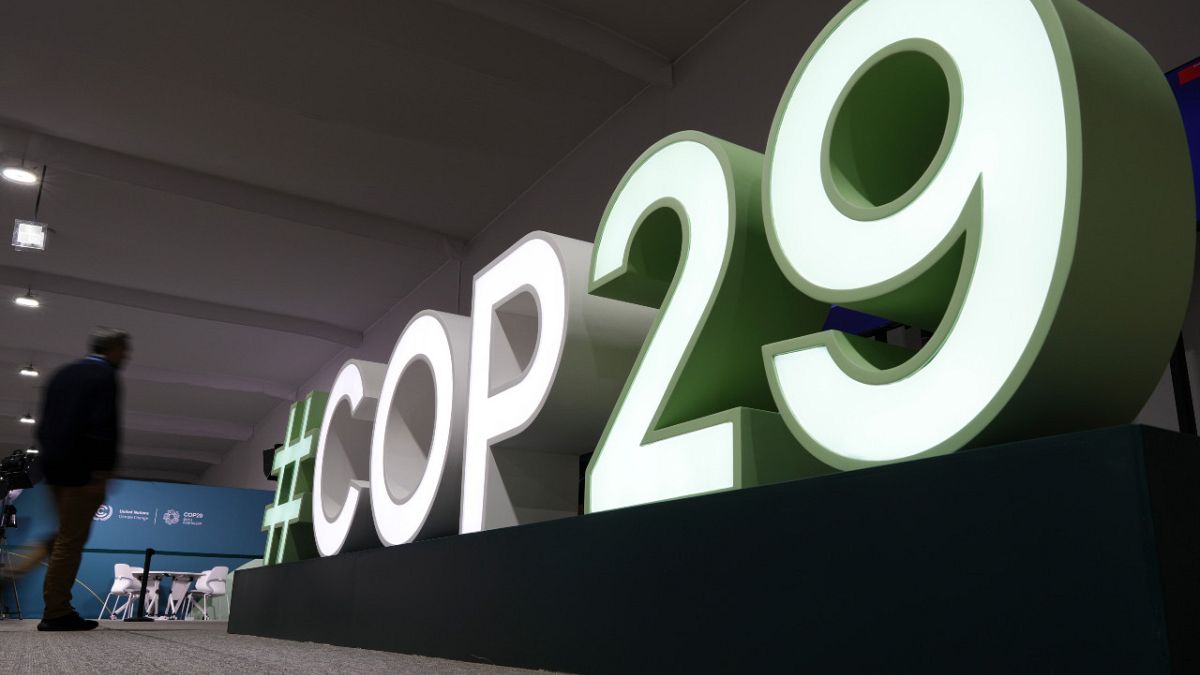World
Loopholes in EU’s customs union help Russia evade sanctions: Gentiloni

Cracking down on circumvention of sanctions has become the number one priority for the European Union.
The loopholes piercing through the European Union’s customs system are helping Russia evade international sanctions and secure blacklisted products from neighbouring countries, according to Paolo Gentiloni, the European Commissioner for the Economy.
“There is a form of sanctions circumvention through trade,” Gentiloni said on Wednesday morning.
“Having different systems country by country allows for those that want to have fraudulent behaviours or those that try to circumvent our sanctions to do so through mechanisms that can easily call as ‘customs shopping.’ You use a point of entry or exit in the (customs) union that you may consider less efficient or (easier) to use.”
The Commissioner admitted the EU did not expect “such a huge task” as the one posed by evasion but appeared confident the bloc would manage to address the shortcomings.
“We can address these challenges only if we strengthen our intelligence, our knowledge, our data on this,” he said.
Gentiloni’s warning comes as the EU and the G7 discuss new plans to crack down on circumvention, a covert phenomenon that has dented the impact of the unprecedented penalties imposed by Western allies on the Kremlin in response to the invasion of Ukraine.
The need to address the issue has become a number-one political priority in Brussels after new trade figures showed a steep increase in EU-made exports sold to countries in Russia’s periphery that are suspected of being re-routed to Moscow in defiance of sanctions.
But member states, which have disparate commercial interests, are conflicted on how far the bloc should go to punish Russia’s enablers, a group that might potentially include key trading partners like China and Turkey. Beijing has already said it would retaliate against “extraterritorial or one-sided sanctions” slapped on Chinese companies.
In his remarks, Gentiloni did not name either China or Turkey and instead referred to three Central Asian countries – Armenia, Kazakhstan and Kyrgyzstan – which have ramped up purchases of EU products in volumes resembling their exports to Russia.
“I’m not finger-pointing at anyone but it is clear,” he said.
Revamped union
Gentiloni addressed the issue of sanctions circumvention while presenting a reform of the EU’s customs union, which was first established in 1968 and gradually removed all tariffs within the single market. Consequently, EU countries have to apply the same customs on their exports so they can travel freely across the bloc’s territory.
But this seamless movement comes with cumbersome administration and fragmented enforcement: according to the Commission, the customs union is managed by over 2,000 offices using 111 separate IT systems, resulting in complex procedures that authorities and companies struggle to understand.
The expansion of safety, environmental and labour standards, which the EU has introduced but other regions in the world completely lack, and the commercial disruption caused by Brexit, the COVID-19 pandemic and Russia’s invasion has further strained the customs union.
The proposed reform aims to set up a brand-new “EU Customs Data Hub” that will be used by all member states to control the flow of imports and exports, including dual-use goods that can be used for both civilian and military purposes.
The plans will also remove the exemption of tariffs for goods valued under €150, which the Commission believes is being exploited for fraudulent purposes as e-commerce booms.
The revamp, however, will be lengthy: the use of the centralised data hub will become mandatory only in 2038.

World
Trump's FDA Pick Is Surgeon and Writer Martin Makary
World
Israel moves towards ceasefire deal with Hezbollah: reports

Israel is reportedly moving towards a ceasefire agreement with Hezbollah in Lebanon after nearly a year of fighting escalated into an all-out war in September.
Israeli media outlets including YNET and Haaretz have reported that Israel has tentatively agreed to a U.S.-backed proposal for a ceasefire. No final deal has been reached, according to the reports.
Journalists take pictures of a building hit direct by a rocket fired from Lebanon in Haifa, Israel, Sunday Nov. 24, 2024. (AP Photo/Francisco Seco)
Lebanon and the militia group Hezbollah reportedly agreed to the deal last week but both sides need to give the final okay before it can materialize.
The reported ceasefire deal comes after Hezbollah launched one of its largest rocket attacks on Israel in exchange for Israeli forces striking Hezbollah command centers in Beirut.
This is a developing story. Check back for updates.
World
Yamandu Orsi wins Uruguay’s run-off presidential election

Yamandu Orsi, the candidate for the left-wing Broad Front coalition, is projected to emerge victorious in Uruguay’s run-off election for the presidency.
He bested Alvaro Delgado of the ruling National Party to win the tightly fought race, though public opinion polls showed the two candidates in a dead heat in the lead-up to Sunday’s vote.
Orsi’s supporters took to the streets in the capital of Montevideo, as the official results started to show the former mayor and history teacher surging ahead.
Many waved the party banner: a red, blue and white striped flag with the initials FA for “Frente Amplio”, which translates to “Broad Front”.
“Joy will return for the majority,” the coalition posted on social media as Orsi approached victory. “Cheers, people of Uruguay.”
Orsi’s win restores the Broad Front to power in the small South American country, sandwiched on the Atlantic coast between Brazil and Argentina.
For 15 years, from 2005 to 2020, the Broad Front had held Uruguay’s executive office, with the presidencies of Jose Mujica and Tabare Vazquez, the latter of whom won two non-consecutive, five-year terms.
But that winning streak came to an end in the 2019 election, with the victory of current President Luis Lacalle Pou, who led a coalition of right-leaning parties.
Under Uruguay law, however, a president cannot run for consecutive terms. Lacalle Pou was therefore not a candidate in the 2024 race.
Running in his stead was Delgado, a former veterinarian and Congress member who served as a political appointee in Lacalle Pou’s government from 2020 to 2023.
Even before the official results were announced on Sunday, Delgado had conceded, acknowledging Orsi’s victory was imminent.
“Today, the Uruguayans have defined who will hold the presidency of the republic. And I want to send here, with all these actors of the coalition, a big hug and a greeting to Yamandu Orsi,” Delgado said in a speech as he clutched a large Uruguayan flag in his hand.
He called on his supporters to “respect the sovereign decisions” of the electorate, while striking a note of defiance.
“It’s one thing to lose an election, and another to be defeated. We are not defeated,” he said, pledging that his right-wing coalition was “here to stay”.
The outgoing president, Lacalle Pou, also reached out to Orsi to acknowledge the Broad Front’s victory.
“I called [Yamandu Orsi] to congratulate him as president-elect of our country and to put myself at his service and begin the transition as soon as I deem it pertinent,” Lacalle Pou wrote on social media.

Orsi had been considered the frontrunner in the lead-up to the first round of the elections.
Originally from Canelones, a coastal regional in the south of Uruguay, Orsi began his career locally as a history teacher, activist and secretary-general of the department’s government. In 2015, he successfully ran to be mayor of Canelones and won re-election in 2020.
In the 2024 presidential race, Orsi – like virtually all the candidates on the campaign trail – pledged to bolster Uruguay’s economy. He called for salary increases, particularly for low-wage workers, to grow their “purchasing power”.
He also called for greater early childhood education and employment programmes for young adults. According to a United Nations report earlier this year, nearly 25 percent of Uruguay’s children live in poverty.
But the economy was not the only issue at the forefront of voters’ minds. In a June survey from the communications firm Nomade, the largest share of respondents – 29 percent – identified “insecurity” as Uruguay’s “principal problem”.
That dwarfed the second-highest ranked topic: “Unemployment” was only picked by 15 percent of respondents.
As part of his platform, Orsi pledged to increase the police force and strengthen Uruguay’s borders, including through the installation of more security cameras.
As he campaigned, Orsi enjoyed the support of former President Mujica, a former rebel fighter who survived torture under Uruguay’s military dictatorship in the 1970s and ’80s.
Mujica remains a popular figure on Uruguay’s left, best known for his humble living arrangements that once earned him the moniker of the “world’s poorest president”.

In the first round of voting, on October 27, Orsi came out on top, with 44 percent of the vote to Delgado’s 27 percent. But his total was far short of the 50 percent he needed to win the election outright, thereby triggering a run-off.
The race got tighter from there forward. Only two candidates progressed to the run-off – Delgado and Orsi – and Delgado picked up support from voters who had backed former Colorado Party candidate Andres Ojeda, a fellow conservative who was knocked out in the first round.
Nevertheless, Orsi quickly pulled ahead after the polls closed for the run-off election on Sunday.
“The horizon is brightening,” Orsi said in his victory speech. “The country of freedom, equality and also fraternity triumphs once again.”
-

 Business1 week ago
Business1 week agoColumn: Molly White's message for journalists going freelance — be ready for the pitfalls
-

 Science5 days ago
Science5 days agoTrump nominates Dr. Oz to head Medicare and Medicaid and help take on 'illness industrial complex'
-

 Politics1 week ago
Politics1 week agoTrump taps FCC member Brendan Carr to lead agency: 'Warrior for Free Speech'
-
/cdn.vox-cdn.com/uploads/chorus_asset/file/25739950/247386_Elon_Musk_Open_AI_CVirginia.jpg)
/cdn.vox-cdn.com/uploads/chorus_asset/file/25739950/247386_Elon_Musk_Open_AI_CVirginia.jpg) Technology7 days ago
Technology7 days agoInside Elon Musk’s messy breakup with OpenAI
-

 Lifestyle1 week ago
Lifestyle1 week agoSome in the U.S. farm industry are alarmed by Trump's embrace of RFK Jr. and tariffs
-

 World1 week ago
World1 week agoProtesters in Slovakia rally against Robert Fico’s populist government
-

 News7 days ago
News7 days agoThey disagree about a lot, but these singers figure out how to stay in harmony
-

 News1 week ago
News1 week agoGaetz-gate: Navigating the President-elect's most baffling Cabinet pick


















